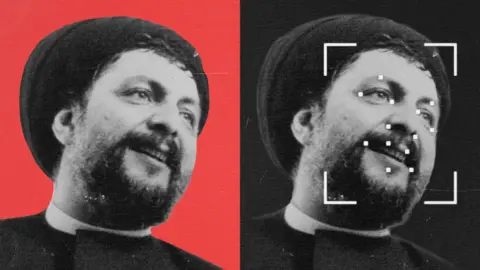Elon Musk has recently stirred political tensions in Germany by expressing that the country has "too much of a focus on past guilt." Speaking at an event for the far-right Alternative for Germany (AfD) party in Halle, Musk advocated for pride in "German culture" and emphasized the importance of cultural uniqueness, warning against the dangers of multiculturalism that, he claimed, dilutes national identity. His statement has been perceived as a direct challenge to the post-war consensus in Germany to confront its Nazi past and prevent the rise of extremist politics.
Musk’s remarks coincided with the buildup to the 80th anniversary of the liberation of Auschwitz, a significant date in the German memorial calendar, and have led to swift backlash from various quarters. Critics have pointed out the insensitive timing of his comments, expressing bewilderment at Musk's apparent support for nationalist sentiment while being a naturalized citizen of the United States, with roots in South Africa.
The media response has been scathing; German journalist Mathieu von Rohr highlighted the absurdity of Musk's enthusiasm for German nationalism. The backlash reflects broader apprehensions about rising right-wing populism in Europe and the impact of influential figures like Musk on public discourse.
As Germany prepares for a crucial election for a new chancellor, Musk's intervention underscores the complex interplay of culture, history, and politics within the nation, emphasizing the need for ongoing dialogue around national identity while recognizing historical accountability.



















